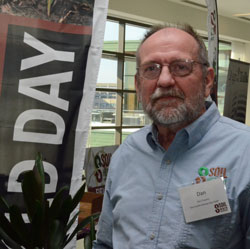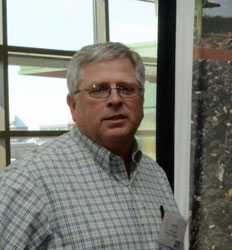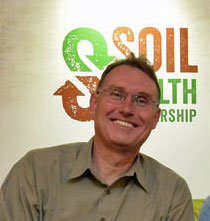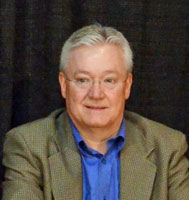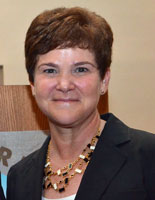 USDA Deputy Secretary Krysta Harden today announced plans to depart the agency at the end of next month.
USDA Deputy Secretary Krysta Harden today announced plans to depart the agency at the end of next month.
“Today is bittersweet for me as I announce my decision to step down as Deputy Secretary at the end of February,” said Harden in a statement. “I am proud of what our Department has accomplished since 2009 to bring economic opportunity that will help rural America thrive for generations to come. And although I will not be part of the many great and transformational things USDA will accomplish over the next year, I am more committed than ever to USDA’s mission. We have worked hard over the past seven years to make USDA truly the People’s Department, as demonstrated by this Administration’s commitment to bring young people, women, veterans and equal access to the forefront of food and agriculture policy.”
Harden thanked President Obama and Secretary Vilsack “for the opportunity to be part of their team” but made no mention of what she intends to do when she leaves the post. Since 2009, Harden has held USDA leadership positions as Assistant Secretary for Congressional Relations and Chief of Staff to the Secretary and was was sworn in as the Deputy Secretary on August 12, 2013. “My work at USDA on behalf of our farmers, ranchers, producers and rural communities has been the greatest honor of my professional life,” Harden concluded in her statement.
Agriculture Secretary Tom Vilsack announced today that Michael Scuse, the current Under Secretary for Farm and Foreign Agricultural Services (FFAS), will serve as Acting Deputy Secretary of Agriculture upon Harden’s departure. ” I speak for thousands of colleagues across the USDA, the federal family, and our nation’s food and agriculture sector, when I say she will be missed. I appreciate her service and wish her well in her future endeavors,” said Vilsack.

